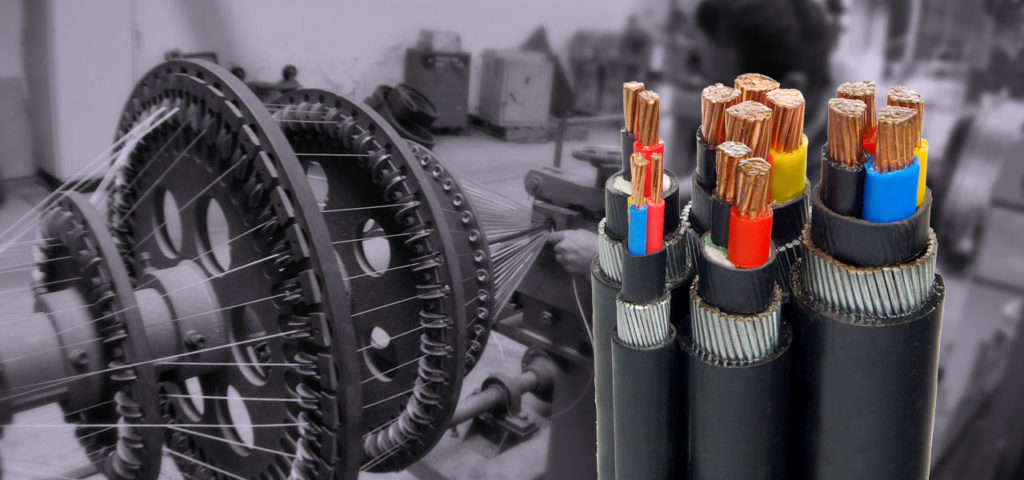Apple Inc. is reportedly finalizing an agreement with OpenAI to integrate the startup’s ChatGPT technology into its upcoming iOS 18 operating system.
This strategic partnership signals Apple’s deepening commitment to infusing artificial intelligence (AI) features into its flagship devices, promising a significant evolution in user experience.
According to sources familiar with the matter, who requested anonymity due to the confidentiality of ongoing negotiations, Apple and OpenAI have been ironing out the terms of the pact, aiming to seamlessly integrate ChatGPT capabilities directly into the iOS ecosystem.
ChatGPT, renowned for its advanced natural language processing and conversational abilities, stands poised to revolutionize how iPhone users interact with their devices.
The inclusion of ChatGPT in iOS 18 heralds a new era of intuitive and personalized interactions for Apple device users.
Leveraging the power of AI, ChatGPT enables natural language understanding, enabling users to engage in more fluid and contextually relevant conversations with their iPhones.
From answering queries and providing recommendations to offering assistance with tasks and even engaging in casual conversation, ChatGPT’s integration promises to elevate the iPhone’s functionality to unprecedented levels.
Apple’s move to integrate ChatGPT into its operating system comes amid a broader industry trend towards embedding AI-driven features into consumer electronics.
With competition intensifying in the AI space, Apple aims to fortify its position by leveraging cutting-edge technologies to enhance user experiences across its product ecosystem.
The impending announcement of ChatGPT integration underscores Apple’s strategic focus on AI innovation, a vision championed by CEO Tim Cook.
Cook, who has previously acknowledged using OpenAI’s ChatGPT, has emphasized the company’s commitment to deploying AI features thoughtfully and responsibly.
The forthcoming Worldwide Developers Conference (WWDC), slated for next month, is expected to serve as the stage for Apple’s grand unveiling of its latest AI-driven initiatives.
With rumors swirling about a flurry of new AI features poised to debut at the event, anticipation is mounting among tech enthusiasts eager to witness the next evolution of iPhone capabilities.
While the partnership between Apple and OpenAI represents a significant step forward in AI integration, challenges and concerns remain.
Chief among them are privacy considerations and ensuring that AI technologies are deployed in a manner that prioritizes user consent and data security.
As Apple prepares to usher in a new era of iPhone user interaction powered by ChatGPT, the tech world eagerly awaits the transformative impact of this landmark integration.
With the convergence of cutting-edge AI and Apple’s signature hardware-software integration, the stage is set for a revolution in how we engage with our devices.
Only time will tell how ChatGPT’s integration will redefine the iPhone experience, but one thing is certain: the future of smartphone interaction has never looked more promising.


 Naira4 weeks ago
Naira4 weeks ago


 Naira4 weeks ago
Naira4 weeks ago




 Naira4 weeks ago
Naira4 weeks ago




 Naira3 weeks ago
Naira3 weeks ago
 Commodities4 weeks ago
Commodities4 weeks ago


 News4 weeks ago
News4 weeks ago
 Travel4 weeks ago
Travel4 weeks ago




 Naira3 weeks ago
Naira3 weeks ago









